What happens to your body when you die? It might seem like the very definition of a morbid question. But there’s actually something fascinating – even beautiful – about the transformation the human body undergoes when life ends.
Plus, unlike the question of where your soul goes, we actually know a lot about what happens to the body after death. Here’s the lowdown.
What happens to the body immediately after death?
Right from the moment of your death, your body starts to change.
Your heart stops beating

When the heart stops beating, blood stops moving around the body. This has a few immediate effects:
- Pallor mortis: you turn pale as blood drains from the upper-facing side of your body. This may not be noticeable if you’re not light-skinned, though.
- Algor mortis: your body begins to cool down from its usual 37°C, at a rate of about 0.8°C an hour. Sometimes known as ‘Death Chill’ (which is also a great band name).
All your muscles relax
Tension falls out of your face, skin sags, and your jaw may fall open. Laugh lines smooth out (a plus). But sometimes, your bowels empty as well, since sphincters stop closing (a big minus).
 Hospital staff tidy you up
Hospital staff tidy you up
Don’t worry though – you won’t stay messy for long. If you’ve died in hospital, the staff there will perform ‘last offices’ within the hour: cleaning you and arranging you neatly. If not, the funeral director will do this slightly later.
In some cases, a post mortem will take place after a death. That’s a medical examination to find out how someone has died. It’s typically for people who have died suddenly, rather than after a long (already diagnosed) illness.
Your body turns on itself
The human body is packed with enzymes that help us with things like digestion. While you’re alive, they’re harmless. But within minutes of your death, they leak out and turn their attention to breaking down cells in your body, starting with your liver and brain (the tasty parts). The process is called autolysis.
What happens to your body in the first few hours after death?
What happens to your body when you die can tell crimefighters a lot. Starting with…
Livor mortis makes you black and blue
With your heart no longer pumping, your blood obeys the laws of gravity. As it drains from the upward-facing side of your body, it pools on the underside, creating purplish bruise-like patches.
Did you know? The placement of livor mortis patches help coroners determine if someone’s body has been moved after their death.
Rigor mortis gives you a stiff upper lip (and everything else)

Your body begins to stiffen up and fixes in one position. This begins 2-6 hours after your death, and starts with your eyelids and neck. Rigor mortis starts to wear off within a day or two. If you can die in an amusing position, so much the better.
You may even sigh, groan and twitch
Yes, sometimes dead bodies flex a little as the muscles contract. And when you’re moved, air can escape your lungs, creating the occasional groan or sigh. Disconcerting for morgue staff on late-night shifts!
What do undertakers do to a body?
What happens to a body at the funeral home depends a lot on the wishes of the family. But here’s a rough guide.
Embalming becomes an option
At the family’s request, the funeral home staff may embalm your body. Embalming is a chemical preservation process that can drastically slow down decomposition.
Unless your body is due to be sent abroad, embalming is not legally mandatory. People can still touch and spend time with your body without it. But it does keep you looking like you did when you were alive for longer (for better or worse). You can find out more about embalming here.
You get dolled up
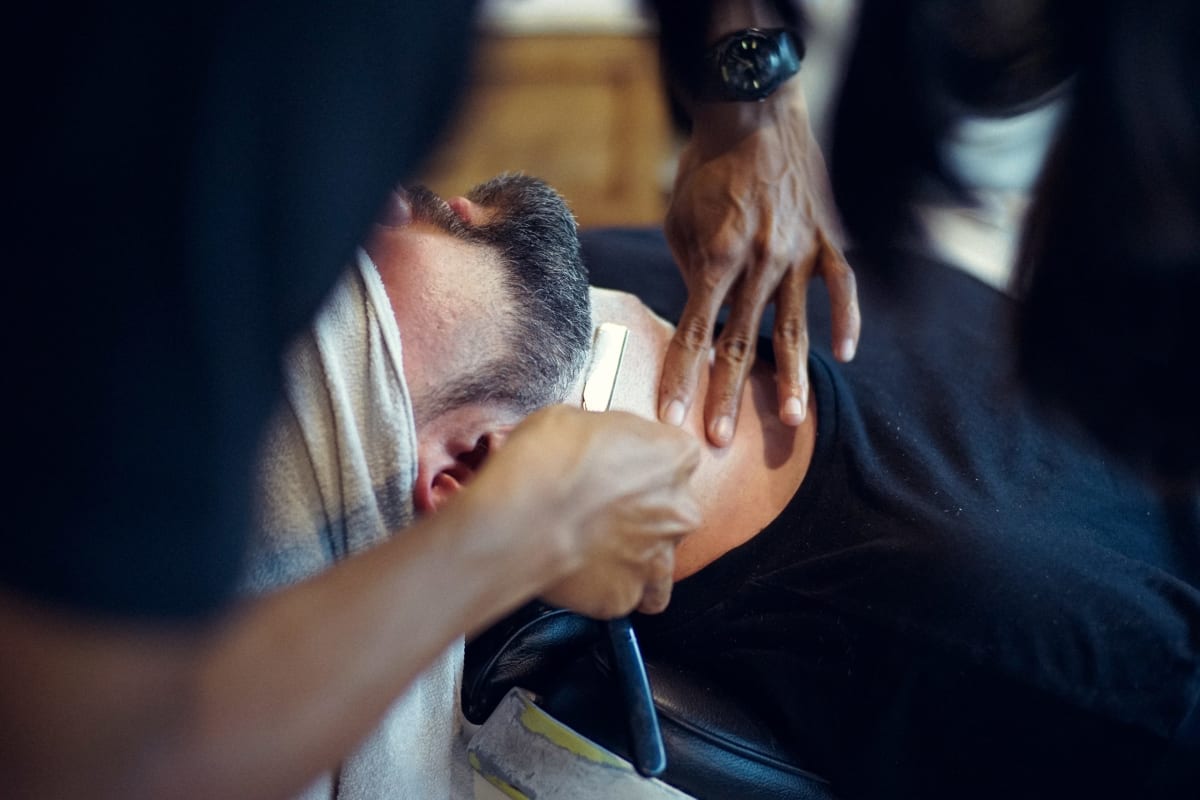
Whether you get embalmed or not, your body is washed and groomed. Nails will be trimmed, hair brushed and styled: that sort of thing. Make-up can be applied. If you’re usually clean-shaven, you will be given a shave. Family members can bring in a picture to show staff your usual ‘look’.
You’ll be chilling out
Usually there is a two or three week wait between a death and the funeral. So, bodies at the funeral home are kept very cold to slow down decomposition.
You may receive visitors
If your family or friends would like to come and see your body before the funeral, you’ll be taken to a visiting room. This is often called the ‘chapel of rest’ or something similar. There, they can talk to you and even hold your hand.
What happens to the body in the first few days after you die?
If your body is embalmed or immediately refrigerated, it may take more time before the following processes kick in.
Bacteria have a gas
As cells break down and more enzymes leak out, your body becomes a feast for bacteria. These start in the gut (home to trillions of “friendly” bacteria) and work their way out. Gases released by the process cause your body to bloat up, sometimes to twice the size.
Fluids, meanwhile, are pushed out: one of the reasons funeral directors pack the mouths, noses, ears and other orifices of the dead with cotton pads.
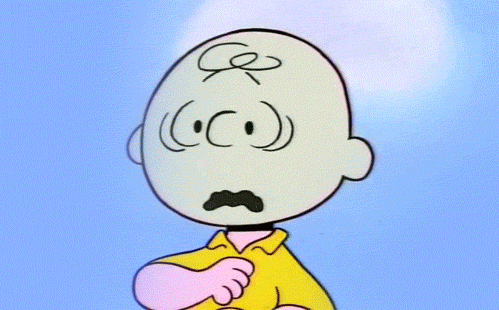
You go green – and black
Blood cells leak, and bacteria turn the haemoglobin there into sulfhaemoglobin. This gives your skin a greenish hue, darkening and marbling into black in places.
Your skin can go walkabout
Within 2-3 days, something called “skin slippage” occurs. This is exactly what it sounds like. The build of fluids and gases in the body causes the outermost layer of skin to loosen and, in places, slip off. The skin underneath can be very slimy to the touch.
You smell less-than-pleasant – to humans…
Other by-products of the bacteria party in your body are cadaverine and putrescine. These aptly-named substances give bodies their distinctive odour. This in turn attracts visitors: tiny blowflies that come to join in the fun.
What happens to the body after death in a coffin?
Most funerals take place two to three weeks after the death. What happens to the body after burial (we’re assuming you’re not cremated here) is again variable. In very cold and very hot places, decomposition is slowed. Sometimes, mummification happens. But here’s a general overview.
Bloating intensifies
Like someone in a yoghurt advert, your body continues to bloat. Unlike someone in a yoghurt advert, it liquefies inside, and more fluid and gas will be released. It may eventually split open due to the pressure.

Insects get busy
Remember the blowflies from earlier? They laid eggs, and those eggs will hatch into maggots. In certain ‘perfect’ conditions, there can be so many maggots that it increases the inside temperature of the body by 10°C. These attract other hungry insects, like beetles, and spiders.
All this might sound kind of horrible. But your body helps create new life. Maggots and worms are eaten by beetles, and both are eaten by birds. Nutrients enter the soil and enrich it. It’s nothing to be frightened of.
Your hair and nails fall out
About a month after you die, your hair and nails fall out as the skin beneath decays. They don’t disappear, though: after the skeleton, hair in particular is one of the last things to go.
You dry out
Once your soft inner tissues have decomposed, your body becomes dry and brittle. You’re left with bones, hair, cartilage and the sticky residue of decay. Larger beetles move in. Skin sags, and you look “caved in”.

Skeletonisation occurs
Basically, you’re just bones. The skeleton decays at a much, much slower rate than the rest of your body.
At around 10°C, it takes roughly four months for the skeleton to be fully exposed. But it takes years for the skeleton to crumble – although this is helped along by acids in the soil, funghi and bacteria. To the joy of archaeologists everywhere, they can survive centuries.
That’s it! Everything you might want to know about what happens to a body in a casket over time, or what happens in the first few minutes.
Feeling queasy? If you have strong feelings about what should happen to your body when the time finally comes, don’t forget to make plans ahead of time. Discover our flexible funeral plans here.
And for more information on death and funeral topics, don’t forget to check out the rest of our blog!
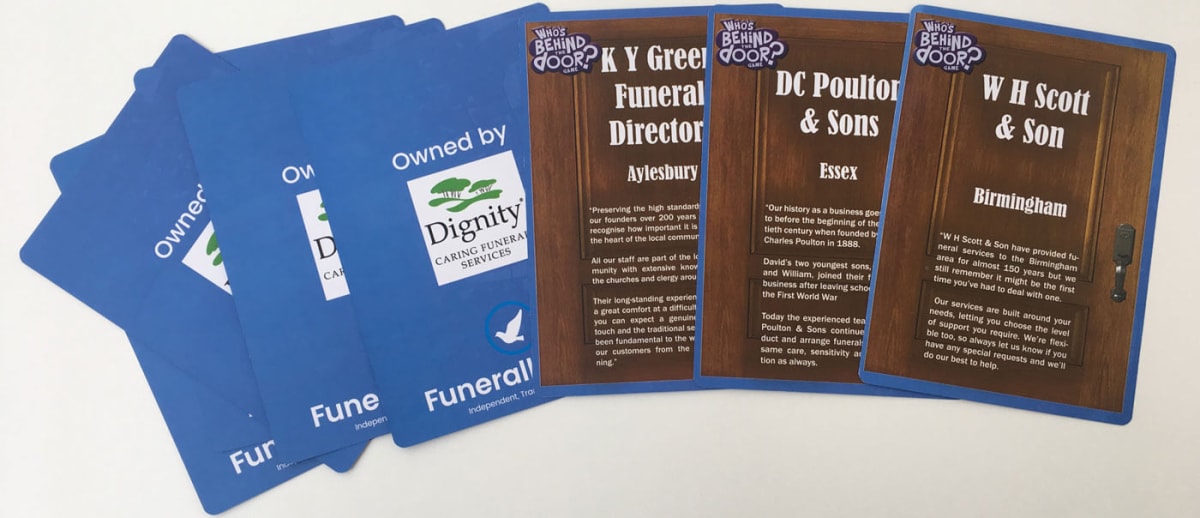
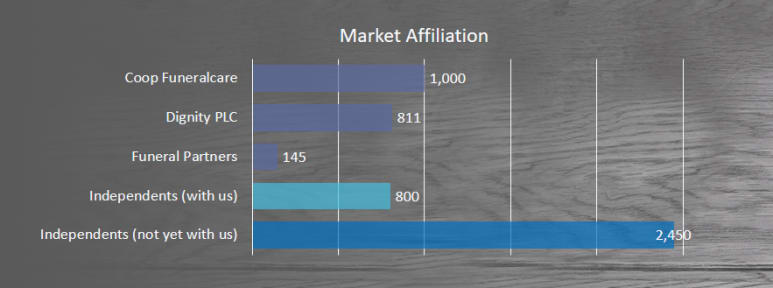

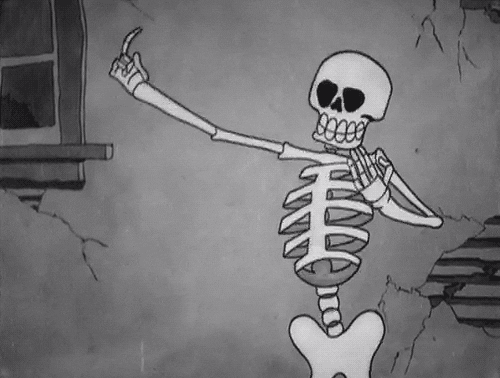







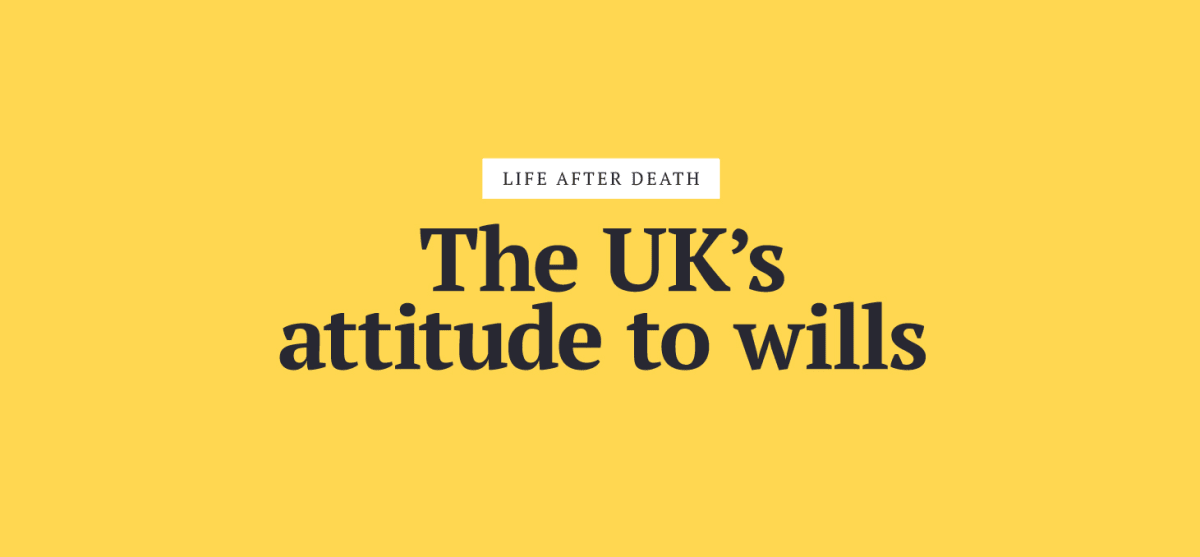

Will read the detailed report with interest, thanks. I couldn’t agree more with the fear of ‘rocking the boat’. As a team of over 30 celebrants, we have been trying to challenge the outrageous prices for years but all this has meant is that FDs won’t use our team, a form of blacklisting going on for anyone who will speak out about it. I would be happy to share a several pieces of info with you.
Brian Howard B M &C Howard Funeral Services. I will send you a copy of a letter that I wrote to the local press and MP Mr I Duncan Smith then minister of the DWP in 2013, there was quite a few letters sent during 2012 and 2013 concerning the Social Funeral Fund, Dignity, Co-op, and the NAFD. The problem with Dignity, Co-op funeral care, and other funeral groups are backed up by the NAFD which is just puppet and not fit for purpose.
Dignity stock fallen from £22 at time of article to under £10 today.
classic case of a business that has enjoyed high margins but is vulnerable as the higher priced service offered does not add value to the customer.
Only just discovered this website. What an excellent and accurate piece of research. Well done. Whether or not it was your intention, you’ve benifited society as a whole. Thank you.
Amazing that Dignity’s share price has recovered a little after an initial 20% drop in the in the light of the Competition and Markets Authority investigations into the funeral market – you’d have though the only way was down!